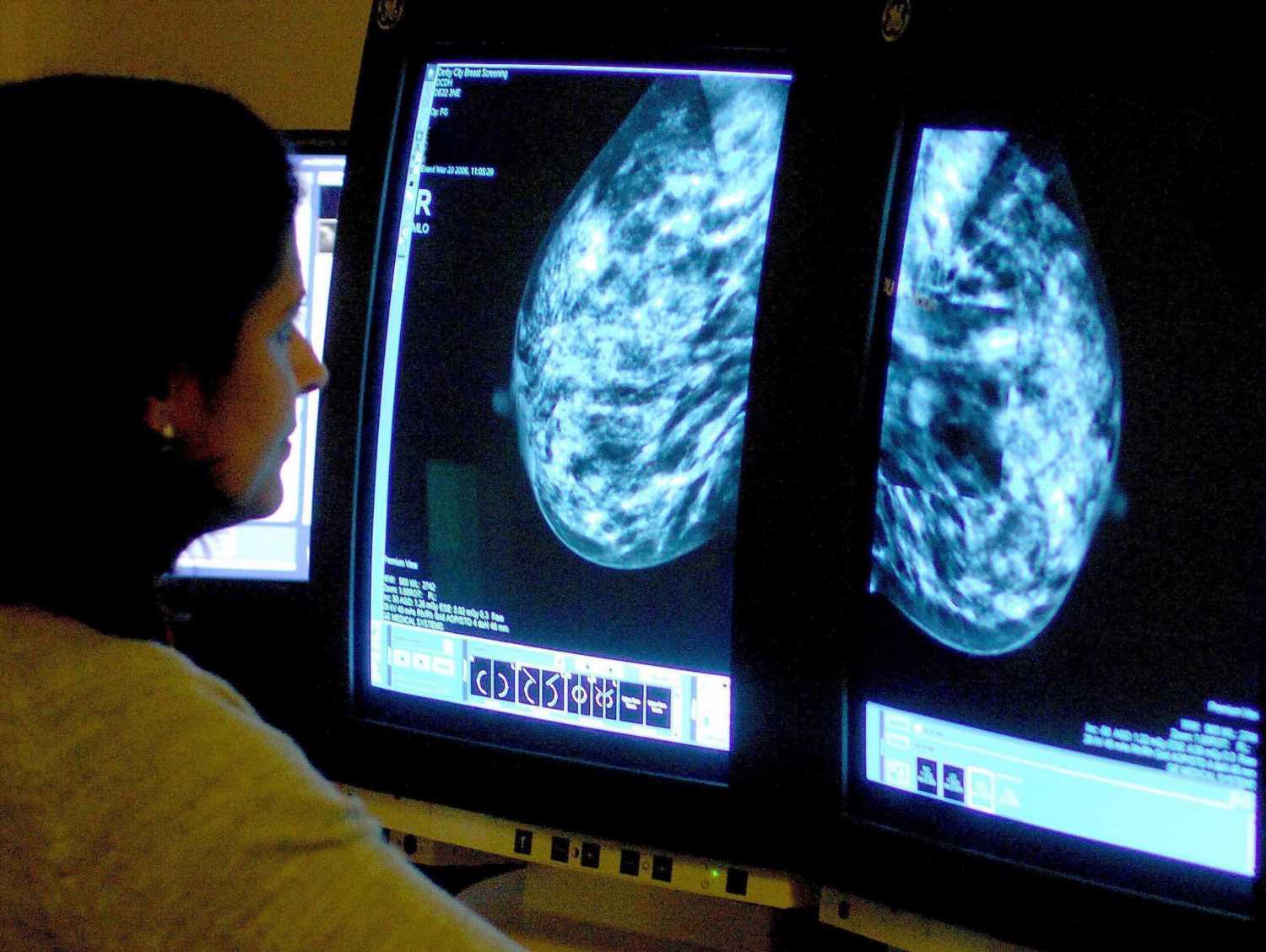AI that predicts the risk of breast cancer spreading could save lives, experts say.
Scientists have developed a system to calculate the risk of cancer spreading by looking for early changes in lymph nodes in the armpit.
It can be used in the earliest stages of disease for women with triple-negative breast cancer – around 8,000 per year.
By comparing a woman's lymph nodes with those of past patients, artificial intelligence can work out what a cancer is most likely to do next.
Those in the most danger of spread could go through more aggressive treatment.
While women with a low risk would get peace of mind from their doctor.
Read more on breast cancer
Strictly’s Amy Dowden says she ‘can’t wait to perform again’ amidcancer battle
‘Ground-breaking’ new cancer drug that extends life gets green light on NHS
Inventor Dr Anita Grigoriadis, from King’s College London, said: “We’ve taken these findings from under the microscope to create an AI model to potentially help doctors treat and care for patients.
“This could provide them with another tool in their arsenal for helping to prevent secondary breast cancer.”
Secondary breast cancer – when tumours return after treatment and spread around the body – is incurable.
More than 60,000 women in the UK are living with the condition and managing it with long-term medication.
Most read in Health

I'm a dermatologist – here's 5 things I would NEVER do to my face

Millions more Brits set to get free flu jabs this autumn – are you affected?

I was desperate for the perfect bum but my implants are such an epic fail

The 3 surprising reasons your bum is itchy – and when you must see a doctor
It is more common with triple-negative cancers, which were studied in this research.
Dr Grigoriadis tested her artificial intelligence on more than 5,000 lymph nodes – immune system glands – donated from 345 real breast cancer patients.
The study, revealed in the Journal of Pathology, found the algorithm could predict the risk of spread based on immune responses in the lymph nodes.
The team will now test the software in clinics across Europe to get more proof it works and fine-tune it.
Dr Simon Vincent, from Breast Cancer Now [PLS KEEP], said: “Each year around 8,000 UK women are diagnosed with triple negative breast cancer, which is a more aggressive form of breast cancer.
“If this research makes it possible to provide women with more tailored treatment and care, it could help to save lives and reduce stress and worry.
“We look forward to further findings to understand how this could work in practice.”
Source: Read Full Article



